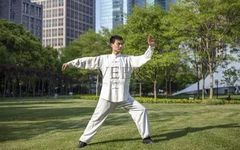The constitution is an objective phenomenon of life, representing a relatively stable characteristic of an individual’s life process, manifested in aspects such as morphological structure, physiological functions, and psychological states based on innate endowment and acquired traits. In 2009, the Chinese Medicine Association published the “Classification and Determination of TCM Constitutions,” categorizing the TCM constitution into 9 basic types: Pinghe (平和质, Harmonious Constitution), Qixu (气虚质, Qi Deficiency), Yangxu (阳虚质, Yang Deficiency), Yinxu (阴虚质, Yin Deficiency), Tan Shi (痰湿质, Phlegm-Dampness), Shire (湿热质, Damp-Heat), Yuxue (瘀血质, Blood Stasis), Qiyu (气郁质, Qi Stagnation), and Tebing (特禀质, Special Constitution). Each constitution exhibits different characteristics. Do you know which type you belong to?
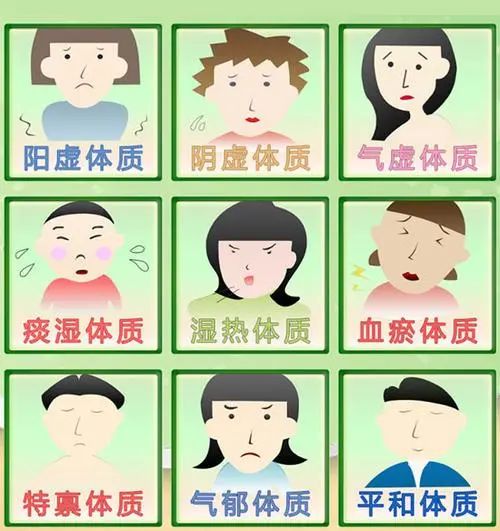
Today, we will discuss the Pinghe constitution.
The Pinghe constitution is considered the ideal human constitution in TCM, representing a model of harmonious life.
The Pinghe constitution has the following characteristics:
① Physical characteristics: Well-proportioned and robust body.
② Psychological characteristics: Gentle and cheerful personality.
③ Common manifestations: Complexion and skin are moist and radiant, hair is thick and shiny, eyes are bright, nose is moist and clear, sense of smell is acute, taste is normal, lips are rosy, energy is abundant, fatigue is rare, tolerance to cold and heat is good, sleep is peaceful, appetite is good, bowel movements are normal, tongue is light red, coating is thin and white, pulse is harmonious and strong.
④ Adaptability to external environments: Rarely falls ill, tolerates cold and heat well, experiences little fatigue, and has a strong adaptability to both natural and social environments.
⑤ Disease tendency: Generally, infrequent illnesses.
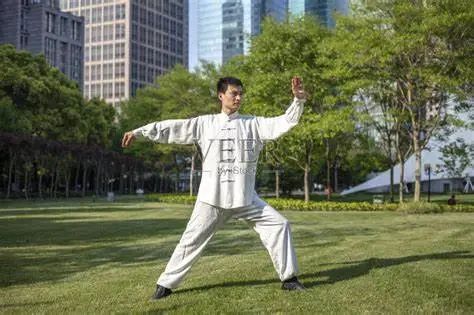
Individuals with a Pinghe constitution have a harmonious balance of Yin, Yang, Qi, and Blood, with a moderate physique, rosy complexion, abundant energy, and strong organ functions.
This constitution is partly due to good innate endowment: the proportion of people with a Pinghe constitution is only about 32.75%. Among them, males are more prevalent than females, and the older the age, the fewer the number of individuals with a Pinghe constitution.
On the other hand, proper lifestyle and care, along with dietary habits that align with the natural characteristics of the four seasons, help maintain this “harmonious” constitution.
Although we cannot change our innate endowment, we must pay sufficient attention to postnatal care. If neglected, the “harmonious” constitution may shift towards an imbalanced constitution, leading to illness if these imbalances become pronounced.
How can we maintain a “harmonious” constitution?
It is about “not harming or disturbing, following nature.”
“Regulate diet, express emotions freely, avoid wind and cold, and be cautious in daily living,”
strive to maintain the state of the Pinghe constitution,
and prevent it from shifting towards an unfavorable constitution.
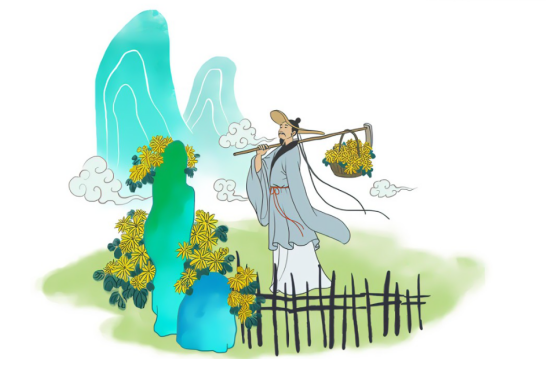
In terms of diet: Diversify food choices and ensure balanced nutrition.
Food selection should be balanced, especially following the dietary principle advocated in the “Suwen: Discussion on the Timing of Organ Qi,” which states, “The five grains nourish, the five fruits assist, the five livestock benefit, the five vegetables complete, and flavors should be combined to replenish essence and Qi.”
Pay attention to the combination of staple and side dishes, ensure variety, and primarily choose local and seasonal foods to guarantee adequate and balanced nutrition intake.
For individuals with a Pinghe constitution, health maintenance should focus on dietary regulation rather than medicinal supplementation, as those with a harmonious constitution do not require medication to correct imbalances of Yin and Yang. Using tonics may disrupt the balance of Yin and Yang.
Dietary regulation should be “carefully balancing the five flavors.” Meals should be light and avoid excessive cravings. Overindulgence in any flavor can disrupt the body’s balance. For instance, excessive sourness harms the spleen, excessive saltiness harms the heart, excessive sweetness harms the kidneys, excessive spiciness harms the liver, and excessive bitterness harms the lungs.
Thus, do not satisfy momentary cravings at the expense of health, which can disrupt the balance of constitution and lead to imbalances.
Individuals with a Pinghe constitution may moderately select foods that have a nourishing effect on Yin and Yang to enhance their constitution. Such foods include: japonica rice, sweet potatoes, pumpkins, ginkgo nuts, walnuts, longan, lotus seeds, chicken, beef, and lamb.

In terms of emotions: Maintain a peaceful state.
The ancient view of health emphasizes the concept of “harmony.” The Qing dynasty playwright Li Yu stated in “Casual Notes”: “When the heart is harmonious, all bodies are harmonious.” Harmony encapsulates the profound connection between psychology and physiology.
In fact, for individuals with a Pinghe constitution, maintaining an excellent constitution requires achieving a calm and peaceful state in daily life. The balance of Qi and Blood, as well as the coordination of Yin and Yang, is the foundation of a Pinghe constitution.
Individuals with good innate endowment adapt well to their environment and have a flexible and well-developed immune regulation mechanism. They can achieve a healthy and harmonious state simply by maintaining their existing lifestyle.
While emotions such as joy, anger, sorrow, and happiness are often unavoidable, achieving a peaceful approach to life requires an open mind, kindness towards others, and rational management of emotions. This not only prevents depression from impairing immune function but also promotes smooth blood flow and the free circulation of Qi, leading to overall harmony and longevity.
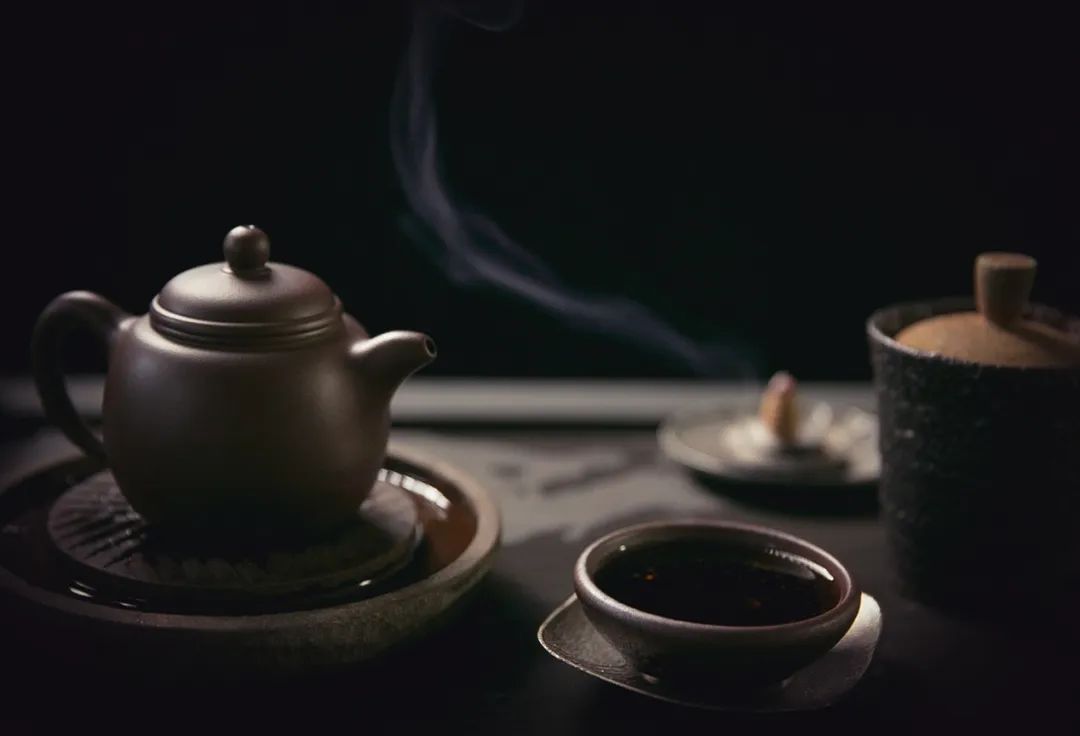
In terms of daily living: Balance work and rest.
Daily routines should be regular, ensuring adequate sleep. Rise with the sun and rest at sunset, avoid wind and cold, follow natural rhythms, and maintain sufficient sleep; balance work and rest, and wear comfortable clothing. Avoid cold and keep warm, and maintain regular exercise.
Depending on age and gender, engage in moderate exercise. Young people may choose high-intensity activities like running or playing sports, while older adults may prefer walking or practicing Tai Chi.
Additionally, maintain an optimistic and cheerful disposition, be proactive, moderate extreme emotions, and promptly eliminate negative impacts from adverse events in life.
If other constitutional manifestations occur, adjustments should be made under the guidance of a professional doctor. In daily life, individuals with a “Pinghe” constitution should avoid blind supplementation, as it may disrupt the body’s “harmony.”
The Pinghe constitution is characterized by a good innate endowment and proper postnatal care, with moderate physique, rosy complexion, abundant energy, and strong organ functions.
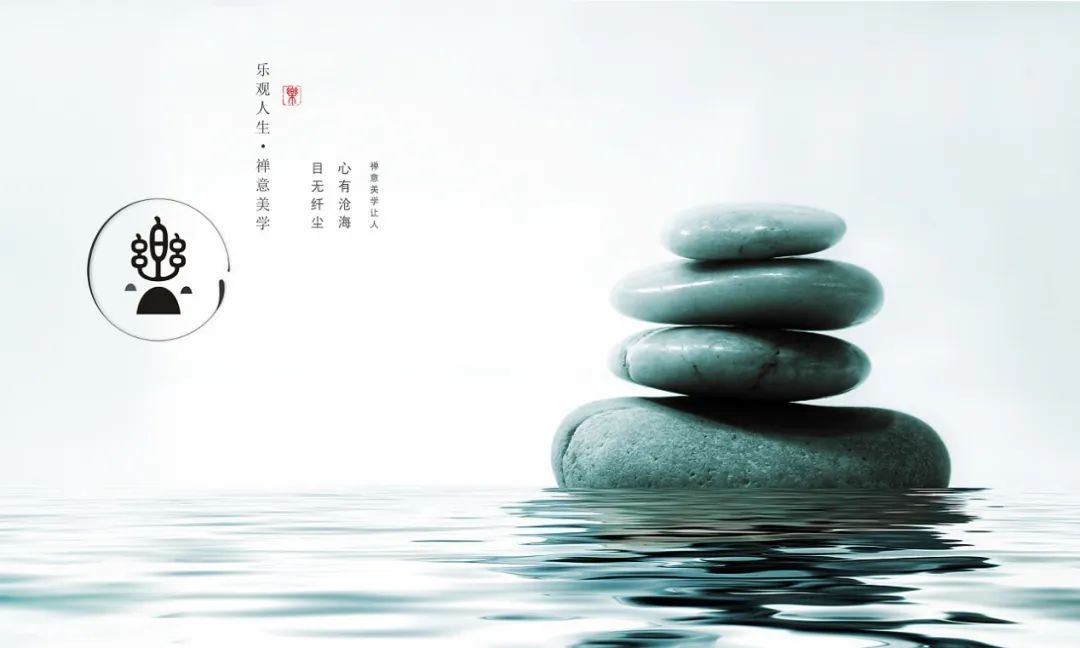 (Image source from the internet, please contact for removal if there is any infringement)Contributed by: Tu Houshu (Department of Traditional Chinese Medicine)Edited by: Xiaoyuan Jun
(Image source from the internet, please contact for removal if there is any infringement)Contributed by: Tu Houshu (Department of Traditional Chinese Medicine)Edited by: Xiaoyuan Jun

